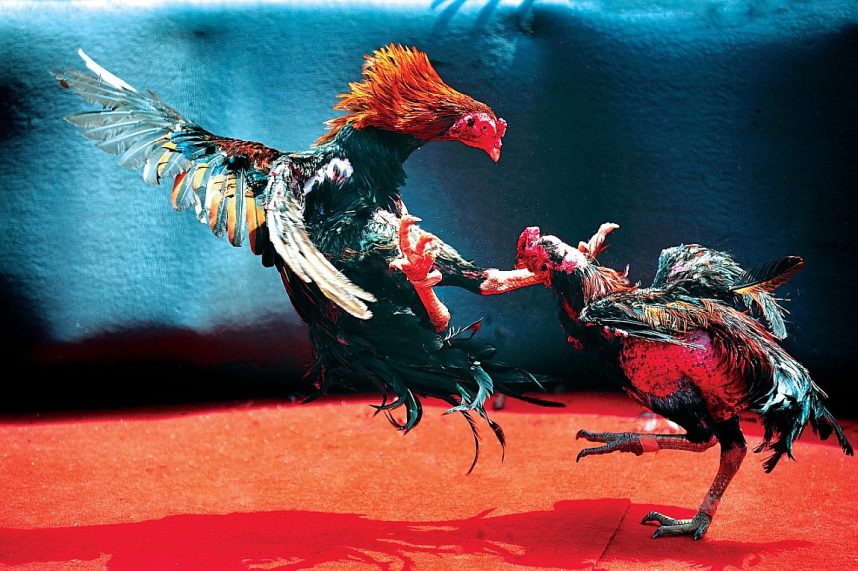Posted on: May 11, 2023, 07:49h.
Last updated on: May 11, 2023, 07:49h.
Despite being illegal across the country, cockfights and dogfights, which always include a betting element, continue to survive in the US. Federal lawmakers hope that creating stricter punishments through legislation will help bring them to a halt.

The fights occur regularly, although many go unnoticed. This isn’t always the case, as the shootout at a cockfight in Hawaii last month proves.
There have also been overt operations that flaunted the law, such as the Alabama cockfighting stadium that could seat 150 people. Because not all states classify it as a felony, the federal government wants to step up its enforcement efforts.
Calling Off The Fights
42 states deem cockfighting and dogfighting to be felonies; the others have a mixed approach, according to The Humane Society. For example, Alabama, a state animal rights groups dub the “cockfighting capital of the Southeast,” only issues a fine of $50 for holding a fight. This is despite it being a felony at the federal level, and efforts are underway to rewrite the state’s animal fight laws.
Senators Cory Booker and John Kennedy, of New Jersey and Louisiana, respectively, have introduced a bipartisan bill to bring more uniformity to the laws. A press release by the campaign group End Cockfighting from yesterday highlighted the initiative.
When law enforcement officers bust dogfights or cockfights, we often find a cluster of other criminal behaviors: illegal gambling, money laundering, tax evasion, narcotics trafficking, illegal weapons, and more,” said retired Sheriff Mike Brown, now the president of the Small & Rural Law Enforcement Executives Association. “Stronger laws against animal fighting, with strong enforcement, will only make our communities safer.”
The senators, following suit after House representatives introduced a similar bill last month, are joining an effort to rewrite portions of the Animal Welfare Act (AWA) Specifically, the joint initiative, the Fighting Inhumane Gambling and High-Risk Trafficking (FIGHT) Act, updates Section 26 of the AWA, which covers animal fighting.
The updated language would give law enforcement the ability to seize any assets, including real estate, connected to fights. It also bans simulcast broadcasting and betting and prohibits adult roosters from being shipped through the US postal service. Shipping dogs is already illegal.
Rarely do animal rights bills get rejected on Capitol Hill. It’s highly likely that this one will make it across the finish line.
A Global Impact
The US prohibition applies to its territories, as well, including Puerto Rico and Guam. However, these regions are also home to regular events. Guam imported 2,138 fighting animals from the US – using the US postal service – in 2021, according to the Guam Department of Agriculture. In total, records show 11,516 fighting birds entering the country since 2018.
Cockfighting is still legal in other countries, such as the Philippines, but they apparently have inferior roosters. Most of the breeding occurs in the US, according to End Cockfighting, and the updated laws could help curb that overseas activity, as well.
The issue with the fights isn’t only the animal cruelty aspect of the fights themselves. There are legitimate health concerns that have wider implications, with fight organizers intentionally and routinely ignoring the problem.
The dogs and birds used in the fights don’t receive routine checkups or vaccinations. In the case of the birds, this significantly increases the chances of spreading avian flu and virulent Newcastle disease (vND), both of which can decimate aviary populations quickly.
The US Department of Agriculture describes vND as a “contagious and fatal viral disease affecting the respiratory, nervous and digestive systems of birds and poultry.” There have already been several outbreaks in the US, including one that lasted from 2018 to 2020. It led to 16 million deaths and cost the federal government $1 billion to stop.


